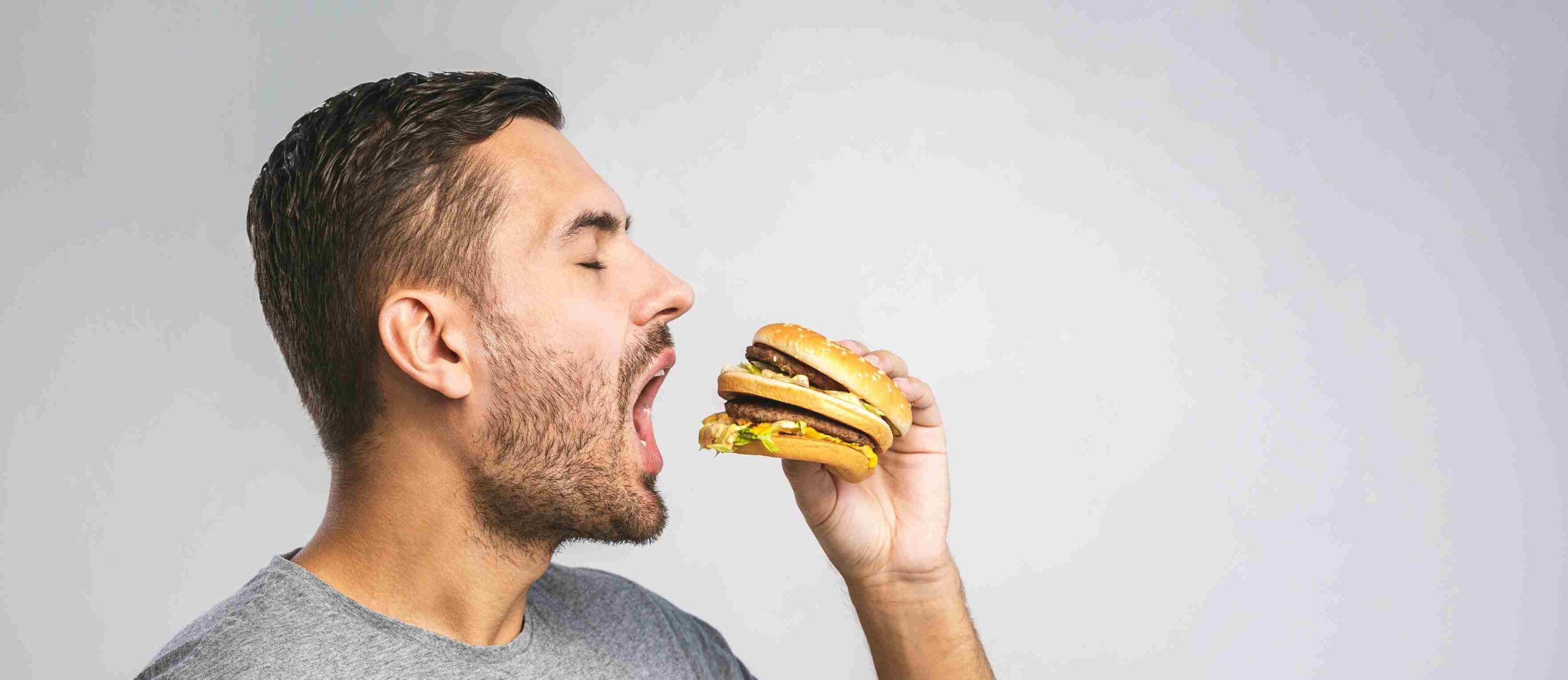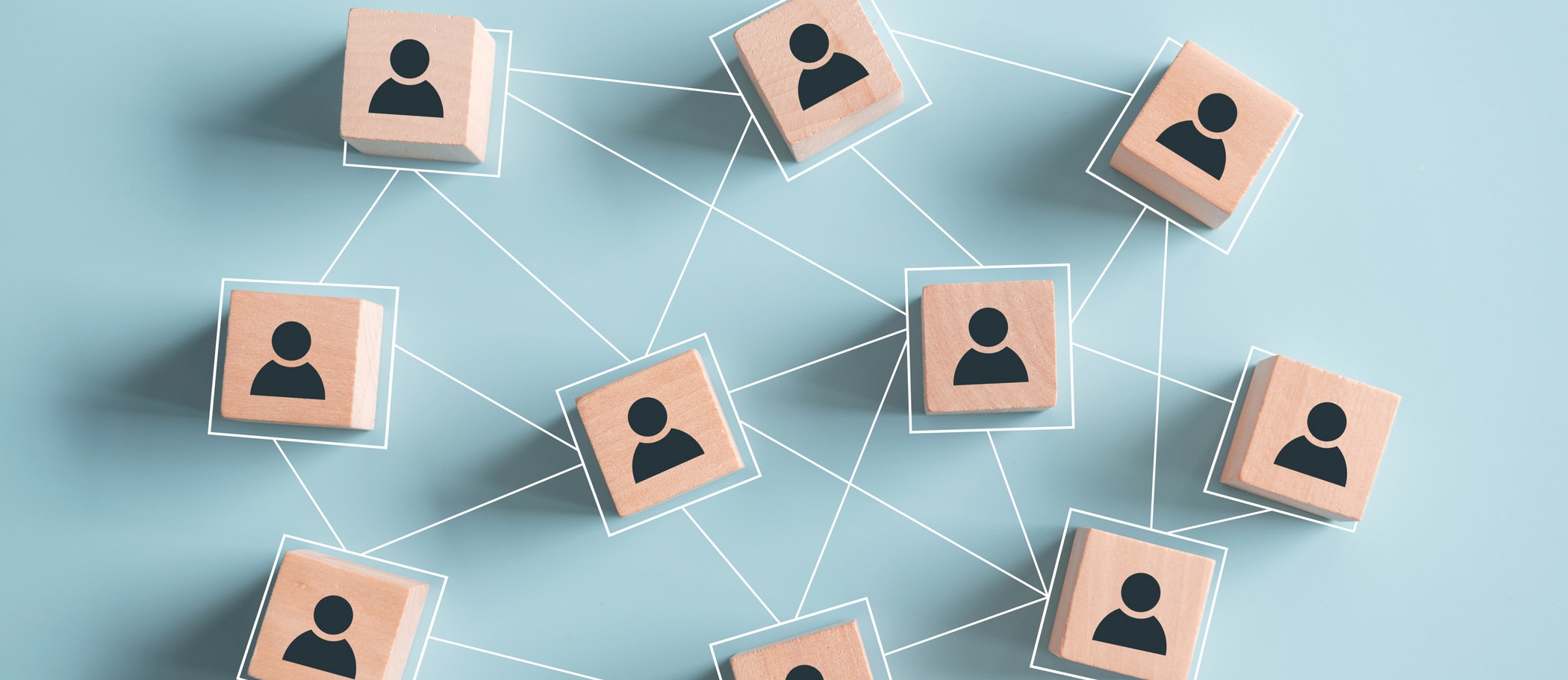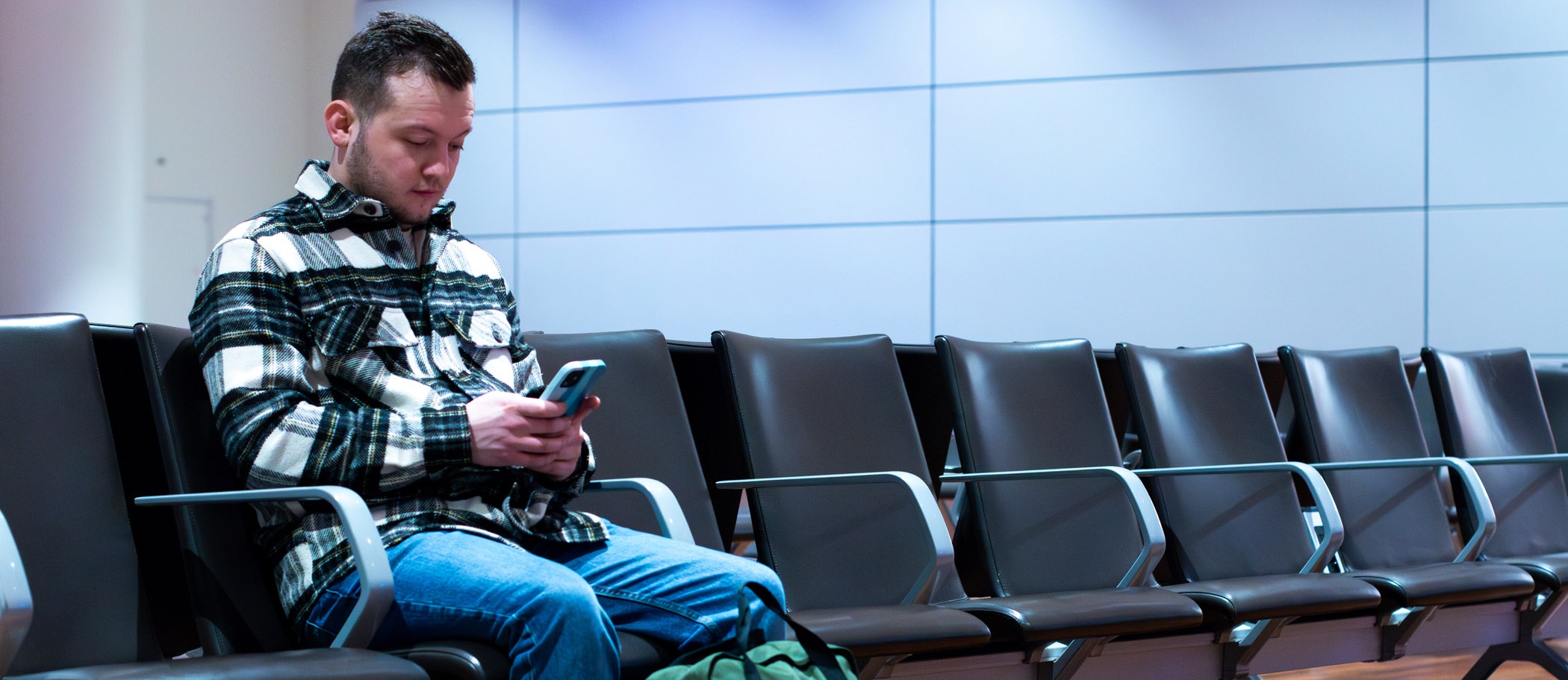Healthy eating for electricians made simple
It should go without saying that what you eat has a massive impact on how your body works. But what should tradies be fuelling their bodies with?
Wherever you turn these days, you can’t fail to be hit with messages about healthy eating, losing weight and generally being more conscious about the food we’re putting into our mouths, and the impact it has on our bodies.
And, in an era of information overload, it’s sometimes difficult to know what you should do. While one ‘eating program’ (not a diet, never a diet!) says something is fine, another will have it lined up alongside Beelzebub and listed as a cardinal sin.
At its essence, though, healthy eating is a fairly simple thing (often made more complicated than it needs to be for profit, a cynical person might suggest) – and understanding what’s needed and when can help you be a lot healthier on a few different counts. Which, when you’re a contractor often rushing between jobs and grabbing food on the go, might just be needed.
Healthy eating – the science
“From a scientific perspective, our bodies use food to provide the necessary energy and nutrients for daily activities and bodily functions,” says Krutika Nanavati, a Registered Dietitian and Nutritionist based in New Zealand.
“Our digestive system breaks down carbohydrates into glucose, which our cells use as fuel. Proteins are broken down into amino acids that help build and repair tissues, while fats provide essential fatty acids for cell growth and maintenance.”
Sounds simple in theory – but as with most things in life, timing is everything.
“It's not just about what we eat, but when we eat that can make a significant difference to our health,” says Krutika.
“Our bodies have specific metabolic processes that are regulated by our circadian rhythm, also known as our internal body clock. Eating at consistent times of day can help optimise these processes and also aid digestion.”
So, what healthy stuff should tradies be eating?
The Australian Guide to Healthy Eating suggests your diet should consist of vegetables, fruit, whole grains, healthy fats and healthy proteins – and lots of water.
They propose a meal structure that is split between whole grains (bread, pasta, oats, rice) and veggies (accounting for around two-thirds of your food intake), with the final third including healthy proteins (fish, poultry, eggs, tofu, beans, for example), and fruit and dairy.
When it comes to carbs, it’s the type that’s more important than the amount – veggies, fruits, whole grains and beans are healthier than some other carb options.
In the case of oil, meanwhile, opt for healthy vegetable oils, such as olive, canola, soy, peanut, corn or sunflower, rather than unhealthy trans fats. And, of course, it’s no surprise that takeaway food, alcohol and soft drinks should be consumed only sometimes, and in small amounts.
The benefits of proper nutrition – and the consequences of getting your diet wrong
If you’ve never really prioritised your diet, then you’ll be accustomed to how you feel every day. Your day-to-day physical and mental well-being can be seriously impacted by your diet – as well as your long-term health.
“Eating well provides our bodies with the necessary nutrients, vitamins, and minerals it needs to function effectively,” says Krutika.
“Not only does this boost our immune system and increase energy levels, but it also helps prevent chronic diseases such as heart disease, diabetes, and certain types of cancer.
“A diet high in processed and unhealthy foods can lead to nutrient deficiencies, weight gain, and an increased risk of chronic diseases.”
So, if you’re the type of person who’ll grab their food on the go and not take time to plan in advance, maybe it’s time to reset.
By planning what you’re going to eat, and preparing in advance using fresh ingredients, you can take control of your food intake – and set yourself up for the future, too!
Healthy eating – the what and when!
Nanavat says you need three meals a day – and breakfast is the most important!
Breakfast: The most important meal of the day
Starting your day with a nutritious breakfast is crucial for providing your body with energy to kick-start your metabolism after an overnight fast. This meal should include complex carbohydrates, protein, and healthy fats to keep you feeling full and satisfied until your next meal.
Lunch: Fuelling your body
As the middle of the day approaches, our bodies have used up most of the energy from breakfast. Therefore, it’s essential to refuel with a well-balanced lunch that includes lean protein, whole grains, and plenty of vegetables for essential vitamins and minerals.
Dinner: The final meal of the day
Our bodies are winding down at night, and our digestion naturally slows as well. It’s important to stick to lighter meals for dinner that are easy to digest, such as lean proteins, vegetables, and healthy fats. Avoid heavy or high-fat meals close to bedtime, which can disrupt sleep.





Comments (0)
Write a Comment